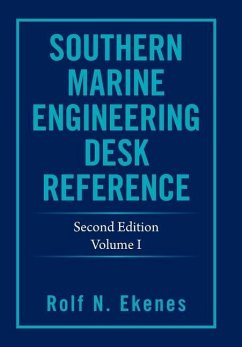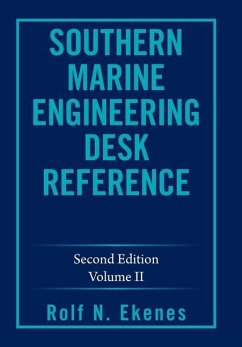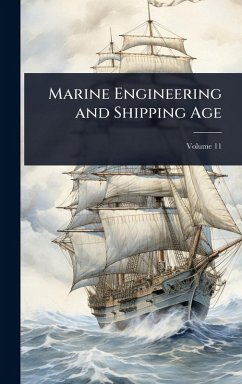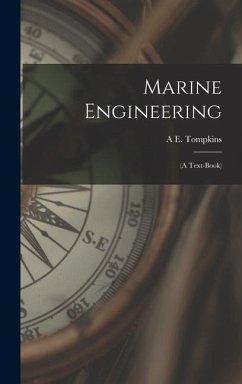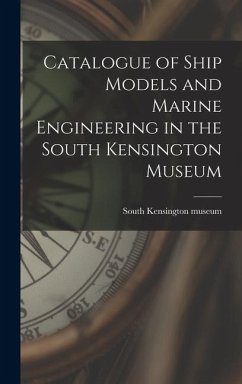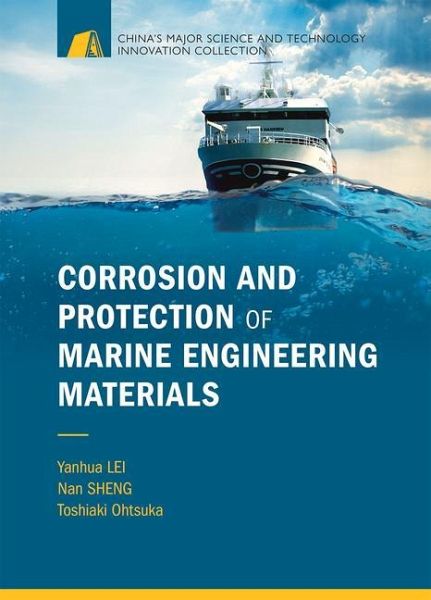
Corrosion and Protection of Marine Engineering Materials
Versandkostenfrei!
Versandfertig in über 4 Wochen
50,99 €
inkl. MwSt.

PAYBACK Punkte
25 °P sammeln!
The conventional anticorrosive coatings which are based on heavy metals such as chromium, zinc, and copper are toxic to the environment. There has been a need to find suitable replacement coatings to be environmentally friendly and effective to inhibit corrosion of steels. Conductive polymers have acquired more attention in the last years due to their environmentally benign nature and high effectiveness to protect steels against corrosion. In this book, the conducting polymer is briefly introduced including the history, synthesis, and conducting mechanism. Then conducting polymer especially ba...
The conventional anticorrosive coatings which are based on heavy metals such as chromium, zinc, and copper are toxic to the environment. There has been a need to find suitable replacement coatings to be environmentally friendly and effective to inhibit corrosion of steels. Conductive polymers have acquired more attention in the last years due to their environmentally benign nature and high effectiveness to protect steels against corrosion. In this book, the conducting polymer is briefly introduced including the history, synthesis, and conducting mechanism. Then conducting polymer especially based on PPy coatings in corrosion protection is discussed, and several proposed protection mechanisms are introduced for understanding the protection of conducting polymer. Then, the works of the past ten years about conducting polymer of our group in the corrosion protection, such as, steel, copper, zinc, and other metal surfaces are reviewed and studied. Some recent works about the marine antifouling and marine heavy-protective coatings by conducting polymer and graphene/conducting polymer composites are also introduced in this book.



